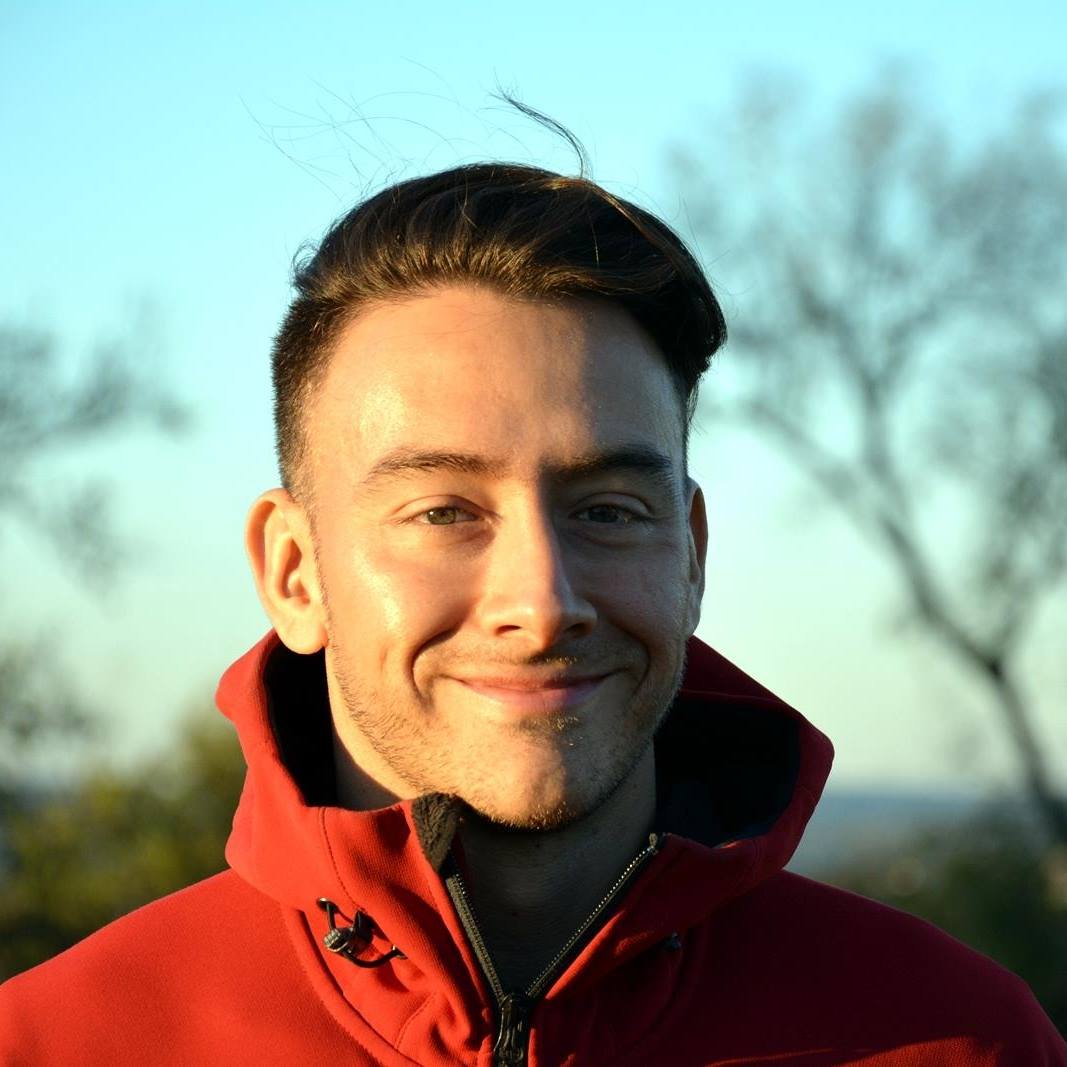 My name is Richard Galvez and I am currently a Fisk-Vanderbilt Bridge Postdoctoral Fellow at Vanderbilt and Fisk University. I live to understand what comprises particle dark matter and how machine learning algorithms learn.
My name is Richard Galvez and I am currently a Fisk-Vanderbilt Bridge Postdoctoral Fellow at Vanderbilt and Fisk University. I live to understand what comprises particle dark matter and how machine learning algorithms learn.
Generally, my research lies on the boundary between astrophysics/cosmology and data science, in which fields I often delve a bit deeper. I believe the potential of machine/deep learning algorithms applied to large-scale cosmological and astrophysical surveys is limitless. We’re living in a time when the developments of machine intelligence research are ready to meet the magnitude of data coming from modern astrophysical surveys. It’s a great time to be a scientist.
My past research focused primarily on computational and mathematical physics/fluid dynamics, though I’ve conducted research on non-linear fluids, supersymmetric quantum field theory, lattice field theory, the large N expansion of quantum field theories, cosmological inflation and super string theory. If you’re interested in the technical details of this work, please check out my publications on the Arxiv.
Beyond that, I enjoy asking new questions and communicating my current understanding. I also enjoy learning about subjects I am unfamiliar with and always welcome new challenges. I believe that a scientist should investigate whatever problem she or he deems interesting without regard to the norms in their field. I truly dislike the notion that one is “wasting their time” if not working on a scientific paper directly related to their previous work. I don’t believe the mind works that way and think we should not limit our creativity.
I have drawn, on countless occasion, inspiration from seemingly unrelated topics. For example, I’ve recently been learning about topological data analysis, which draws from my study of string theory, differential geometry and data science / machine learning. You can read a review on the subject by Michael Lesnick (a mathematical biologist at the Institute for Advanced Study) here.
The questions I am typically drawn to relate to science, economics, as well as sports statistics. You can find a menagerie of random questions I’m trying to answer by checking out my GitHub. I also try to keep a (somewhat descriptive) account of what I’m up to through jupyter notebooks in various repositories (which I’m a big fan of) and a research blog which I update on regular occasion (mostly seems like more philosophical thoughts rather than actual research :) ). My blog can be found on this site.
Guiding Philosophies
I am guided in my daily life by a short list of principles:
- Racism, discrimination and oppression have no place in the modern world.
All people, regardless of position, age, sex, origin, sexual orientation or any other factor should be treated with the respect and dignity they deserve for their unique talents, abilities and/or knowledge. Of course, this is unfortunately not the case today. A lot of my daily effort is directed toward the fight for equality. Regardless of my future career path, I plan to continue this fight and am always looking for allies.
- Open Science.
Open Science concerns itself with the transparent sharing of knowledge and findings. Sharing of ideas openly only helps the body of science and knowledge advance faster and I try to be as transparent as possible.
I also aim to upload material that accompanies my scientific papers explaining the computational code, full derivation of formulae and/or data generated / analyzed in a Github repo. I think this is especially helpful for beginners. I have so far only done this with my most recent paper, but intend on creating repos for my previous papers also.
- Access to quality knowledge and educational resources will lead to a better world.
I also believe the world will be a much safer and progressive place if more people have access to quality educational resources and scientifically valid information. Let those, whoever they are, or where ever they may be, have access to the resources necessary to answer the questions that drive their curiosity.
This is why I am a huge fan of Google’s Project Loon. From their website:
“More than half of the world’s population is still without Internet access. Project Loon is a network of balloons traveling on the edge of space, designed to extend Internet connectivity to people in rural and remote areas worldwide.”
- In mentorship, I will never see a student entering industry as a failure.
I strongly dislike the sentiment in academia (specifically STEM fields) that students or postdocs moving to industry are seen as a failure. I believe this notion is extremely short sighted and damaging, not only to the exceptional student, but to science as a whole. If I mentored a student who was hired by Apple, Google, or Amazon, I would be exceptionally proud and would love to keep contact with this brilliant person.
- Scientists and Engineers should share their work with the public as often as possible.
Communication of one’s work is key to inspire new generations and in ultimately resolving questions of the day. For this reason I try to explain my work, to as large an audience as possible. I’m happy to have the opportunity to give a Ted talk on dark matter November 13, 2016 for this reason. I’ll be placing a link here when done!
That’s about it! I try to let these principles guide my actions and hopefully they speak for themselves.
I also like to get pictures of myself doing handstands around the world:
